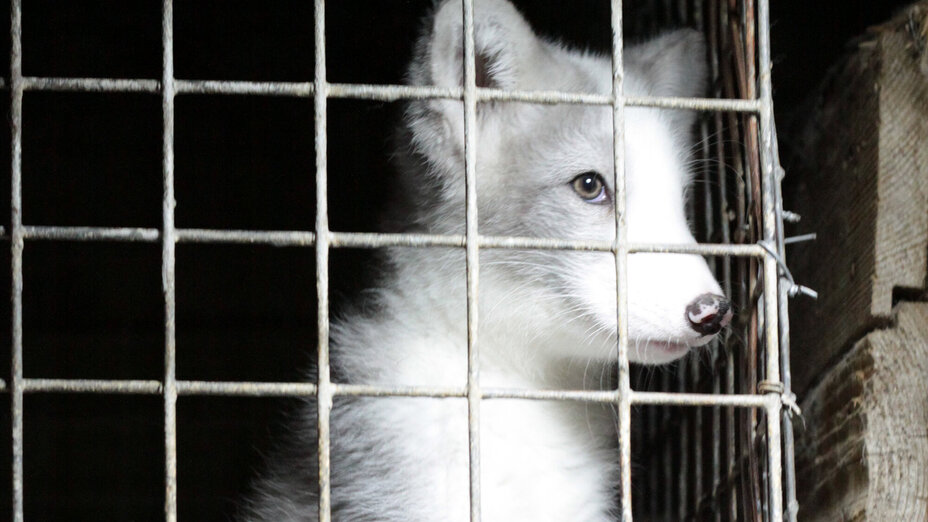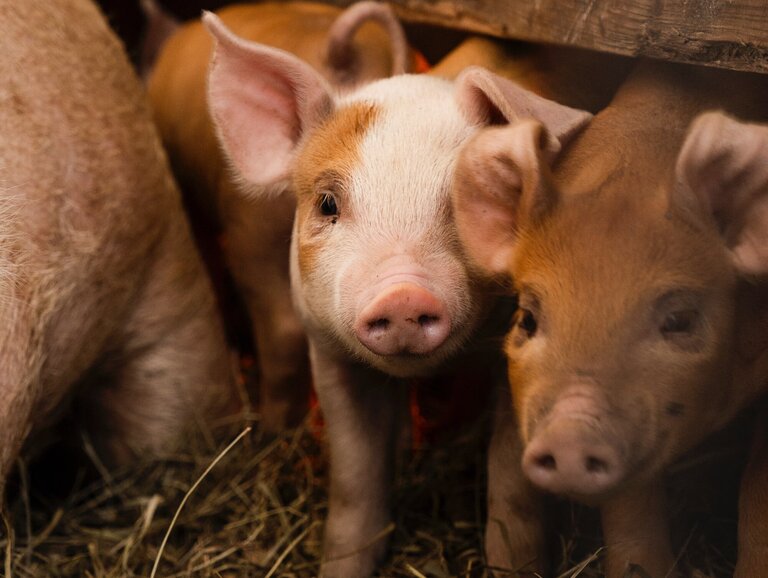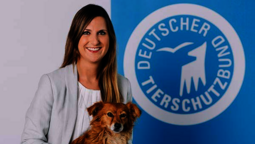Instead of consistently tackling a ban on fur farming and the marketing of fur in the EU, the EU Commission decided yesterday to have further investigations into fur farms carried out first - thus postponing a decision on a possible end to the farms until at least 2026. The German Animal Welfare Federation is stunned: the Commission is not only ignoring all the long-known arguments against the fur industry, but also the clear wish of at least 1.5 million citizens who spoke out in March with the European Citizens' Initiative (ECI) Fur Free Europe for an end to the cruel practice of fur farming and trade.
"It is not clear what more needs to be examined and investigated here - on the contrary: while time and resources are being wasted to prove once again what has long been clear, millions of foxes, minks, raccoon dogs and other animals continue to suffer and die cruelly," commented Thomas Schröder, President of the German Animal Welfare Federation. "At the same time, the Commission is putting everyone's health at risk with this postponement: the sad images of fur farms during the SARS CoV-2 pandemic are still having an impact, and the avian influenza virus is currently spreading rapidly on fox, mink and raccoon dog farms. It is incomprehensible why the Commission has not taken the only correct and consistent step and put an end to the cruel fur industry in the EU - an indictment!"
ANIMAL SUFFERING SUFFICIENTLY DOCUMENTED
There are currently still around 1,000 active fur farms in the EU with around 7.7 million animals. Although the industry claims to work to high animal welfare standards, the terrible conditions there are documented time and time again. Recent footage from farms in Lithuania, Finland, Poland, Spain, Denmark and Latvia shows the suffering of animals in cramped and barren cages, where injured and dead animals are commonplace. It was only at the beginning of the year that EU citizens made it clear that they would no longer tolerate this animal suffering: An EU citizens' initiative, which the German Animal Welfare Federation had supported, was ended and submitted early in March due to a record number of signatures. Fur farms are already completely or partially banned in a total of 17 EU countries - more than half of the member states.
FUR FARMS AS PANDEMIC RISK HOTSPOTS
Leading virologists and other scientists have also long been calling for an end to fur farming, especially of minks, in the interests of pandemic prevention. They expressly warn that fur farms significantly increase the likelihood of pandemics. In its decision, the Commission referred to the European Food Safety Authority (EFSA): by March 2025, the EFSA is to submit an opinion assessing the farming systems and associated animal welfare problems. Taking the EFSA's opinion into account, the Commission will then decide whether it considers a ban on fur farming and the marketing of fur in the EU to be appropriate after a transitional period - or whether measures can be taken to ensure the welfare of fur animals. The decision is scheduled to be announced in March 2026, but as a new Commission will already be in office by then, it is questionable whether this timetable will be respected at all.







